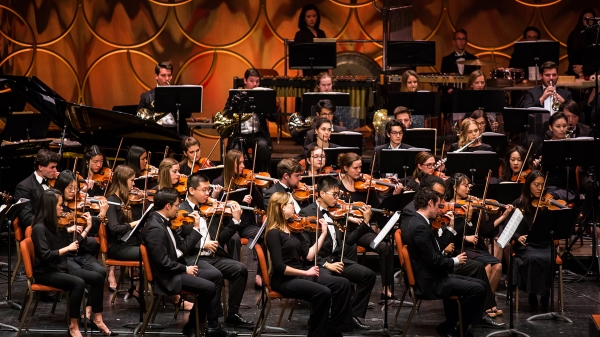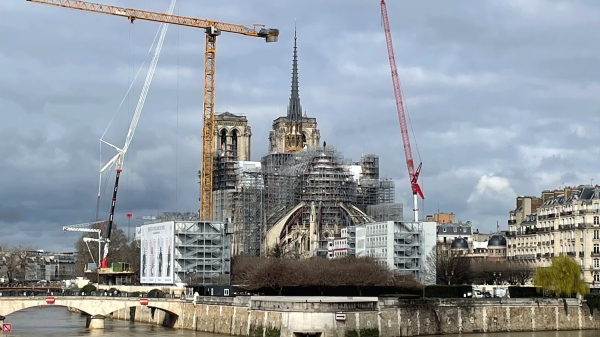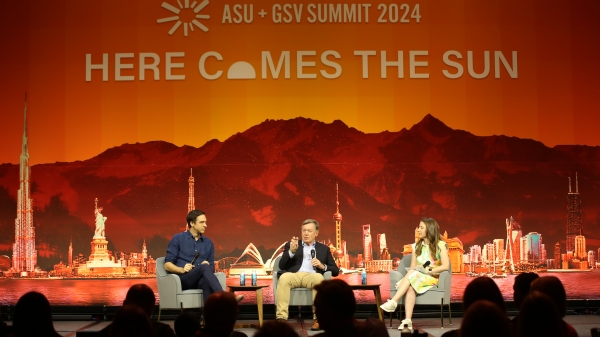ASU lecture to discuss 'Undocumented Literature on the Mexican-US border'
Robert McKee Irwin lectures as part of Interactions and Interchanges series

Robert Irwin, professor of Spanish at the University of California, Davis.
How do we classify texts produced by undocumented authors who no longer identify as Mexican, yet have no officially recognized status in the United States?
For Mexican-born authors who are legal residents or citizens of the U.S., their writings are usually labelled as American or U.S. Latino literature. If they only temporarily reside in the U.S., their work may be considered Latin American (rather than U.S. Latino) “travel writing.”
Robert McKee Irwin will lecture on these issues at 4:30 p.m. Feb. 10, in West Hall Room 135 on the Tempe campus, as part of the Interactions & Interchanges lecture series. His presentation will deal with authors and texts caught in between these categories.
Irwin will focus on "No Documents, No Escape" by Roberto Rangel (in collaboration with Ana Luisa Calvillo), the testimonial narrative of an undocumented Mexican currently incarcerated in California, who was once deported and will undoubtedly be deported again if he is ever released from prison. His narrative suggests that the politics of border control have produced a multiplicity of borders that places the most vulnerable into an abyss located between two nations, shutting them out of both.
Irwin is professor of Spanish at the University of California, Davis. He is the author of "Mexican Masculinities" (2003), and "Bandits, Captives, Heroines and Saints: Cultural Icons of Mexico’s Northwest Borderlands" (2007), which was awarded the Thomas J. Lyon award for Best Critical Book in Western American Cultural Studies by the Western Literary Association.
Irwin is principal investigator for the Sexualidades Campesinas digital storytelling project and co-principal investigator of UC Davis’s Mellon Initiative in Comparative Border Studies: Rights, Containment, Protest. He is working on a project focused on the personal expressions and public images of Mexican emigrants to the United States who fail to become Mexican American.
The event is free and open to the public, but RSVPs are recommended. For more information, see the event webpage.
This event is sponsored by the Center for the Study of Religion and Conflict and the Department of English. The Interactions and Interchanges speaker series was developed in conjunction with a grant from the U.S. State Department for a project on “Globalizing Research and Teaching of American Literature,” a university partnership between Kinnaird College for Women in Lahore, Pakistan and ASU.
The Center for the Study of Religion and Conflict is an interdisciplinary research unit of the College of Liberal Arts and Sciences that examines the role of religion as a driving force in human affairs.
More Arts, humanities and education

ASU Symphony Orchestra welcomes visionary conductor Jonathan Taylor Rush
Guest conductor Jonathan Taylor Rush will join Arizona State University’s Jason Caslor, director of bands, to lead the ASU…

Chemistry classes are key to art student's success
Amanda Barnette has a passion for art preservation. That means that, for the past four years, the Arizona State University…

ASU+GSV Summit tackles big questions about AI, technology, education
Editor's note: We'll be updating this story daily throughout the summit. The annual ASU+GSV Summit kicked off in San Diego on…